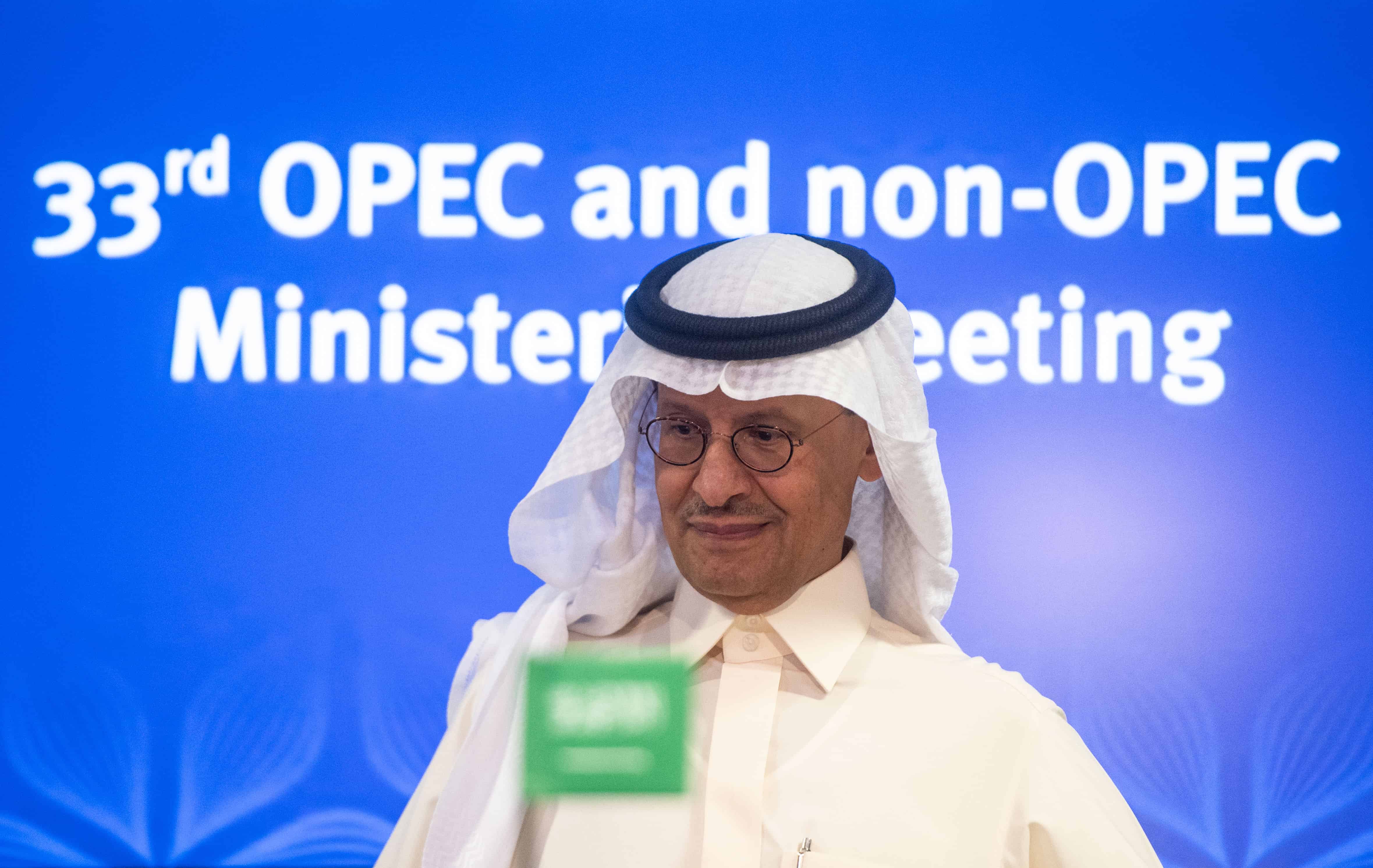NEW YORK, US – The decision of Saudi Arabia and OPEC+ to cut oil production by two million barrels a day – its largest production cut since 2020 – is pro-Russia and a “challenge” to the United States. The Kingdom may face “serious consequences” for it, according to leading Middle East expert Jon B. Alterman and his colleagues at the Center for Strategic and International Studies (CSIS).
OPEC+, the coalition of oil-producing nations led by Russia and Saudi Arabia, announced its decision to cut oil production following their meeting Vienna on Wednesday and analysts on both sides of the Atlantic have been debating its consequences since then.
However, later Saudi Arabia rejected the concerns of the United States. Click here for the story. Analysts in Saudi Arabia feel that the internal politics of the US is holding back the country from increasing its refining and production capacity. The view in the Arabian Gulf is that the OPEC+ decision to cut oil production is pre-emptive as many developed economies are heading for a recession, as indicated by the IMF, and the economic slowdown will decrease oil demand in the coming months.
Economists in Europe worry that oil production cuts will deepen the continent’s economic and energy woes, while a statement from White House Press Secretary Karine Jean-Pierre said it “is clear OPEC+ is aligning with Russia”.
Alterman, senior vice president and director of the Middle East Program at CSIS, and his colleagues Joseph Majkut, director of the Energy Security and Climate Change Program, and Ben Cahill, senior fellow in the Energy Security and Climate Change Program, believe the decision will be considered as a snub in Washington.
“This will be read as a challenge to the United States, because of the extensive lobbying from the White House to maintain (or increase) production, which began with President Biden’s visit to Saudi Arabia in July, and the continued alignment with Russia,” the CSIS analysts said in a statement.
Influence on US politics
“It will also influence the US politics, with gas prices rising ahead of the mid-term elections and the President so publicly spurned. It is hard to imagine that the Saudi leadership did not understand that, and they don’t appear to have done anything to soften the impact. Indeed, the fact that OPEC+ gathered in Vienna for the first time since 2020 to announce these cuts suggests that they wanted to send a strong message. The President (Biden) did not expect Saudis to completely cave in, but he couldn’t have expected to be ignored or snubbed either.”
Serious consequences
With the decision creating a lot of heat in the US and Europe, particularly in political circles and in the media, the CSIS analysts believe the White House will react “for both political and diplomatic reasons”.
“There is already a line of argument that Saudis humiliated the President after his July visit to the Kingdom,” they said. “The White House must also be concerned at leaving the impression that the President can be defied with impunity.
“The President will likely let Congress take the lead in criticizing Saudi Arabia. He would not want to get into a tit-for-tat action with the country. Still, he will feel the need to demonstrate that crossing the President has serious consequences. The United States should look for some moves on the energy front, but also a pause in some US efforts that the Saudis were interested in pursuing.”
The decision helps Russia
Elaborating further on the expected reaction from the US and the future of US-Saudi ties, the analysts said, “The way this unfolded, it looks like Saudis are not interested in a broader partnership with the Biden administration. The challenge for the Biden team now is how to be firm enough to change Saudi attitudes while not closing the door on closer cooperation, which was what the July trip [Biden’s visit to Saudi Arabia] was trying to promote.
“Saudis are sending a signal that they don’t want a close partnership with the United States on issues of energy and economics. They want to be neutral on geopolitics. The move will help Russia.
“At the same time, they want a close partnership with the United States on regional security issues, particularly Iran. It is hard to pick and choose in that way. We should expect the United States will be less consultative with Saudi Arabia on areas of shared interest going forward.
The Congress will act
An eye should also be kept on Congress, which has long been critical of Saudi Arabia. A legislation has been introduced to withdraw US troops and missile defense systems from Saudi Arabia and the UAE, and members of Congress are once again floating the idea of seeking to undermine OPEC.
“While the action cannot take place for the month Congress is out of session for elections, a full-blown Congressional effort could become difficult to constrain. Congress has sometimes moved suddenly on anti-Saudi legislation, as it did with the Justice Against Sponsors of Terrorism Act,” they said.








